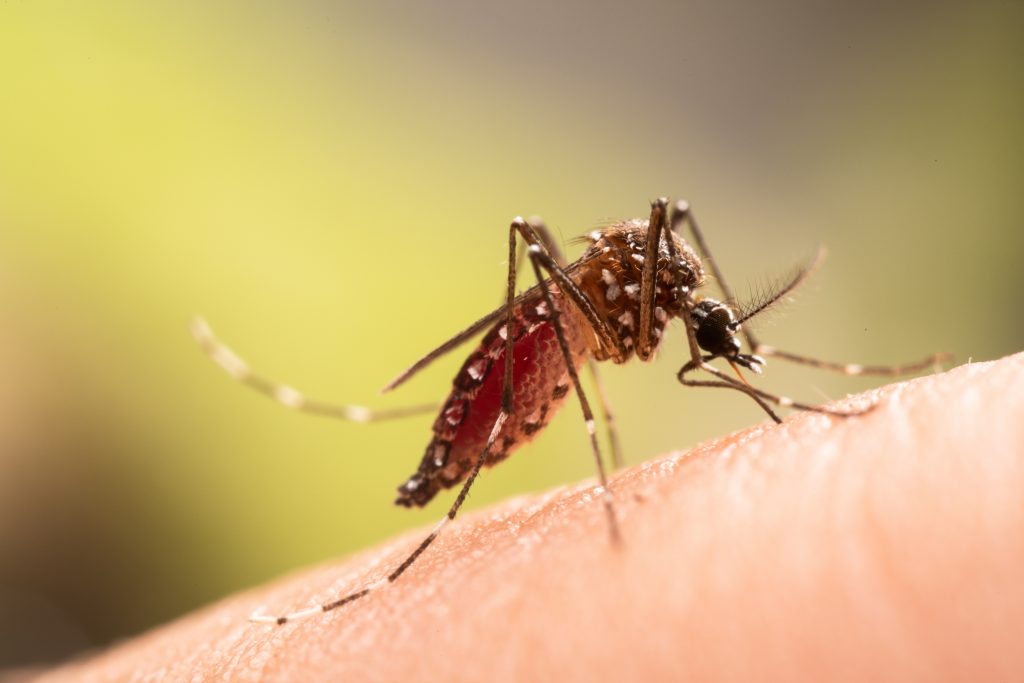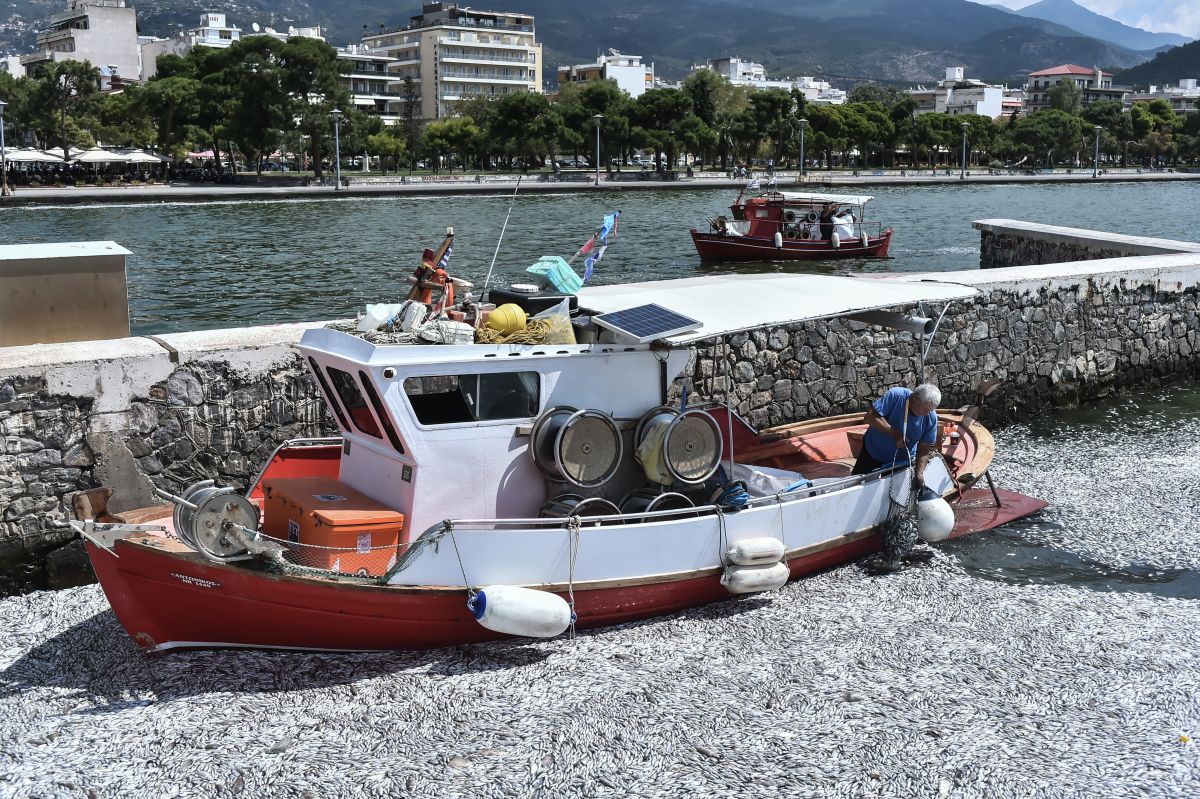Images of dead fish floating in the sea off the city port of Volos on central mainland Greece have captured global attention, with international media outlets like Reuters and The Guardian, reporting on the situation that has developed over the last few days.
‘Greece tourist port flooded with hundreds of thousands of dead fish’ is a headline in The Guardian highlighting the environmental disaster.
Greece tourist port flooded with hundreds of thousands of dead fish https://t.co/3XS09OGJZl
— Guardian Environment (@guardianeco) August 29, 2024
Reuters, in its coverage, reports ‘Dead fish blanket Greek tourist port after flooding.’ The article explains that ‘Greek authorities have started collecting hundreds of thousands of dead fish that spilled into a tourist port in the central city of Volos, this week, after having been displaced from their usual freshwater habitats, during last year’s floods.’
Dead fish blanket Greek tourist port after flooding https://t.co/5WoYlIA0f0 pic.twitter.com/YkM7lTwVJf
— Reuters (@Reuters) August 28, 2024
The French news agency AFP reporting on the incident notes that the Greek port of Volos is dealing with an overwhelming number of dead fish, with a cleanup operation, already underway, expected to last several days. It continues informing its readers that the authorities removed 57 tons of carcasses in a single day.
Greek port grapples with flood of dead fish.
On one day alone, authorities removed 57 tons of the dead fish washed up on beaches near Volos. The cleanup effort is expected to take dayshttps://t.co/EUDn1IBKxj pic.twitter.com/xTqAusZY48
— AFP News Agency (@AFP) August 29, 2024
Similarly, Deutsche Welle highlights the challenges faced by the port as it contends with masses of fish, raising concerns among locals about damage to the ecosystem and the impact to local businesses.
This port in Greece is battling with a blanket of dead fish. Locals are worried the fish will damage ecosystems and hurt businesses. pic.twitter.com/r7oOk72Q6Y
— DW News (@dwnews) August 29, 2024
In response, the Magnesia Hotel Association, in fear of the potentially negative impacts, is considering filing a lawsuit against those responsible, as well as legal actions for defamation of the area as a result of the dead fish phenomenon in the Pagasetic Gulf. The hotel association, along with other local organizations, warns of further actions if the issue persists.
Experts attribute the phenomenon to thousands of tons of water from Lake Karla and the surrounding areas that are being channeled daily into the Pagasetic Gulf through the Xirias stream. When freshwater fish come into contact with seawater, they die—a recurring issue that has been observed before.




